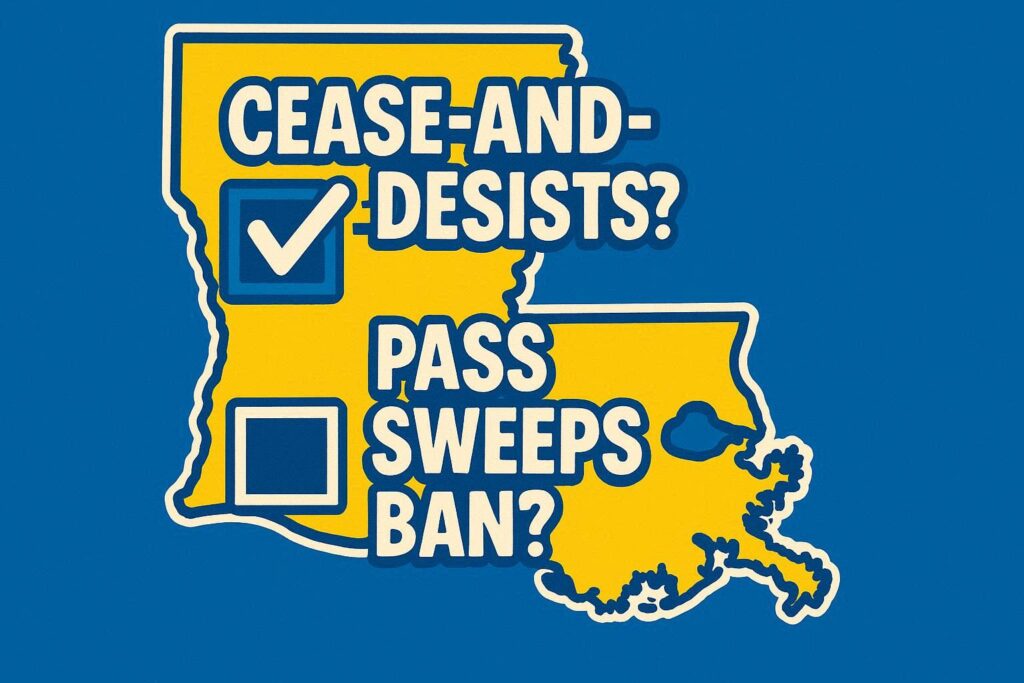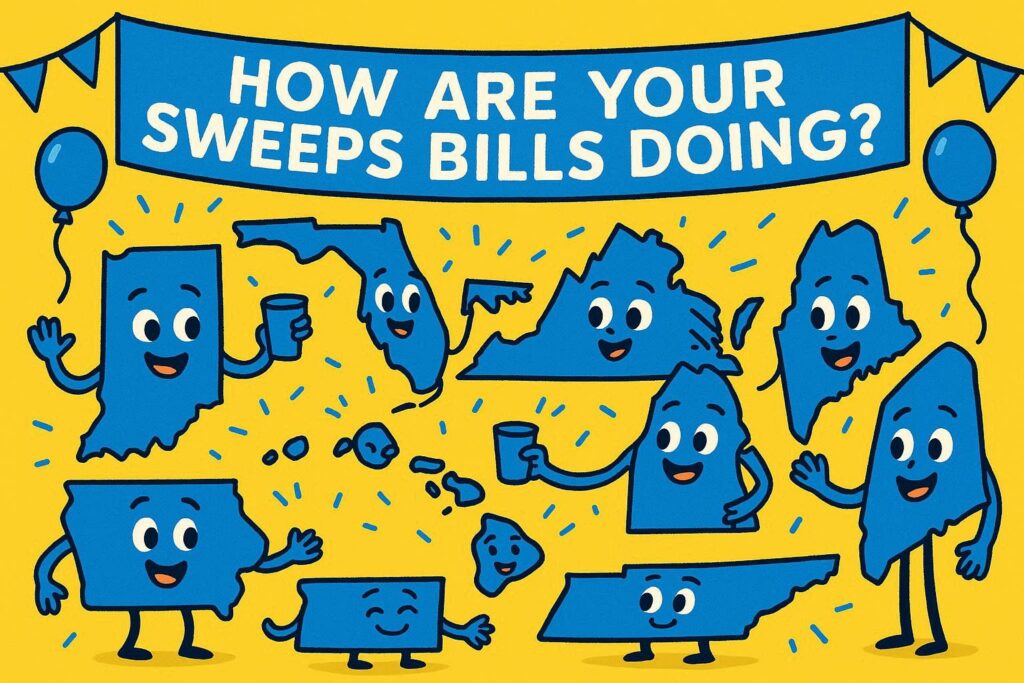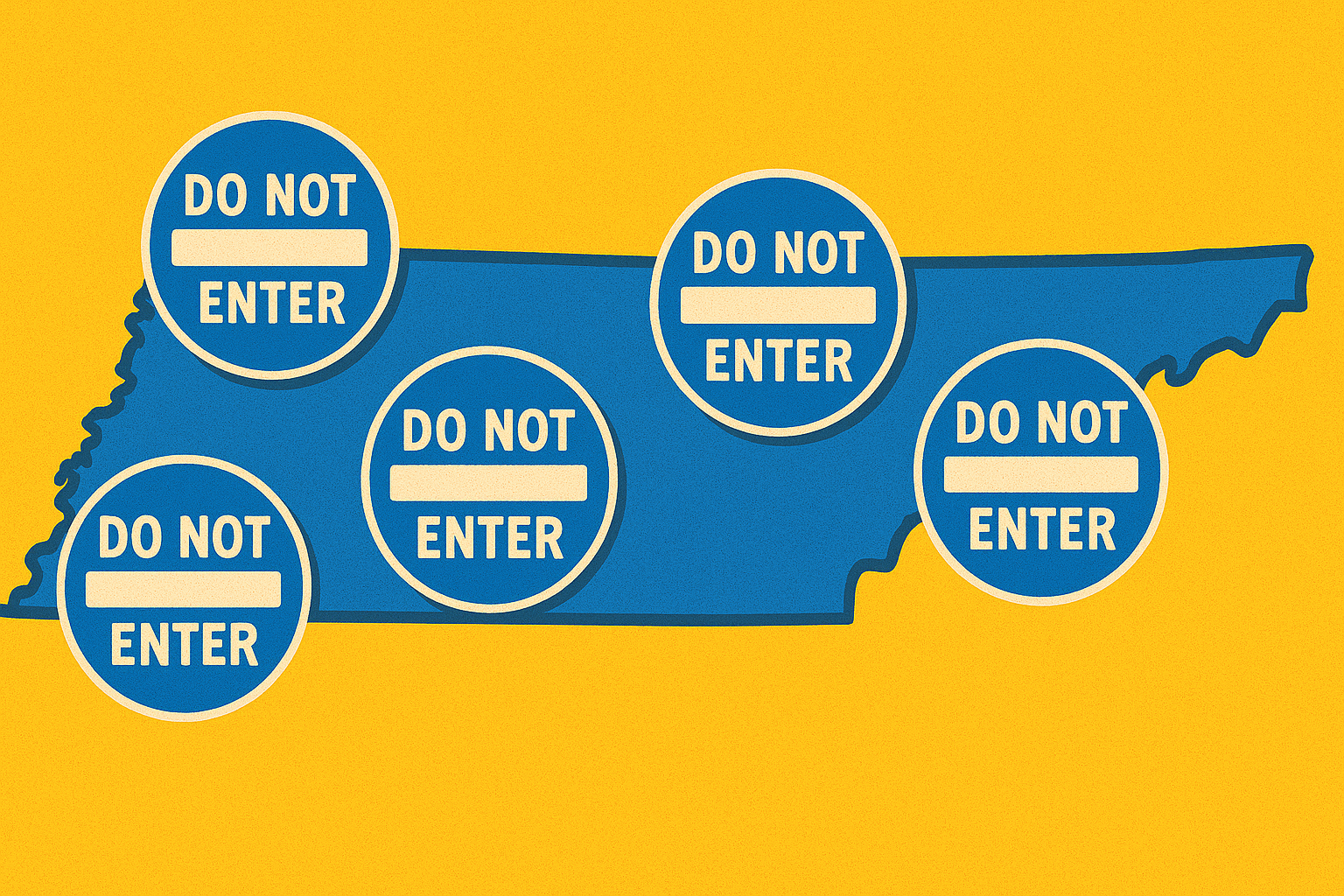Executives from one of the world’s leading social casino companies — and one of the world’s staunchest opponents of sweepstakes casinos — say they’re already seeing benefits resulting from the increased pressure and legal restrictions facing sweeps gaming in 2025.
During its third quarter earnings call, Light & Wonder reported $197 million in Q3 revenue from SciPlay, the social gaming arm of its company. That’s a 4% year-over-year decrease, but two of their games — Quick Hit Slots and 88 Fortunes — achieved their 15th and fifth consecutive quarters with record revenues, respectively.
Jackpot Party Casino, arguably its most notable social casino title, saw a decrease in “average monthly payers”, leading to that 4% year-over-year decline.
However, Matt Wilson, Light & Wonder’s CEO, believes that trend will reverse course.
“Regarding Jackpot Party, we have seen stabilization and opportunities to return to growth with a revamped game economy and increased efforts around unregulated sweepstakes gaming,” Wilson told investors. “There is reason to believe the general environment will improve as initial data from states where the ban is in effect becomes available.”
In other words: The more restrictions sweepstakes casinos face, the better the prognosis is for Jackpot Party.
This messaging dates back to Q2 as well
Wilson comments echo his sentiment from Light & Wonder’s Q2 earnings call, when he attributed in large part SciPlay’s “modest declines” to “top-line erosion and increased marketing costs” that stemmed from sweeps casino competition, causing “a direct top-line impact from the growth of sweepstakes gaming in states that they are currently operating in.”
“In states that have taken action to eliminate sweeps, we have seen a noteworthy uplift in our performance,” Wilson said in August. “As this issue is further addressed … we expect to benefit from a more favorable market environment in states that ban sweepstakes gaming.”
At the time, Montana, Connecticut, New York, and New Jersey had passed legislation in 2025 banning sweepstakes casinos. But while some operators had already left those markets, the Montana and Connecticut bills didn’t go into effect until Oct. 1 and New Jersey’s didn’t become law until Gov. Phil Murphy signed it about a week after the Q2 call.
Plus, even though New York has passed a bill, Gov. Kathy Hochul still hasn’t signed it, which has opened the door for a handful of operators to remain.
But the Montana, Connecticut, and New Jersey bans were in full effect for all of Q3. And, notably, California passed Assembly Bill 831 to ban sweeps casinos in Q3. It won’t become law until Jan. 1, 2026, but we’re already seeing some sweeps operators pulling out of California early.
‘We’ve been fairly public about the impact of sweeps’
During the Q&A portion of the Q3 call, Wilson doubled down on his belief that the growing number of limitations hampering sweeps gaming — we haven’t even touched on the large amount of cease-and-desist orders sending sites packing from a number of states as well — is going to turn things around for Jackpot Party.
“I’ll say from the outset: Jackpot Party, in particular, is not where we want it to be, and we need to work hard to get that back into growth mode. [SciPlay CEO] Josh [Wilson] is doing a lot of work to focus on that,” Matt Wilson said. “We’ve been fairly public about the impact of sweeps on this category. We see some data in markets where sweeps is being eliminated, and we’re seeing a subsequent uptick in the social casino market. We think as that manifests over time and the deregulation of sweepstakes happens over time, that’ll be a tailwind for the social casino sector. We don’t really control that. What we can control is the economies that we can optimize in our game.
“We do think we [will] get revenue back to growth mode in 2026. As we get those games dialed in and we have the benefit from sweeps [restrictions].”
SciPlay revenue was $204 million in Q1, $200 million in Q2, and $197 million in Q3.
How SciPlay competes with sweepstakes casinos
SciPlay has several well-known social casino titles — including Jackpot Party, Gold Fish Casino, Quick Hit Slots, and 88 Fortunes.
These apps belong to the same broader gaming family as sweeps casinos. The sweeps gaming model — built around a dual-currency system (Gold Coins, which aren’t redeemable, and Sweeps Coins, which are redeemable for cash) — makes for an adjacent competitor, you could say, to SciPlay games. And that’s not even considering that all sweeps casinos also offer social casino gaming via Gold-Coin-only gameplay, which creates direct competition to SciPlay.
(Sweeps operators emphasize social gaming is such a large part of their focus, in fact, that the Social Gaming Leadership Alliance — the leading sweeps gaming advocacy organization — is trying to rebrand sweepstakes casinos as “social plus” platforms.)
So, with this in mind, anything bad for sweeps operators is, in a sense, good for SciPlay.
SciPlay gets $126 in monthly revenue per ‘paying user’
Even though social casinos are free, SciPlay and other companies still make a considerable amount of revenue by converting a chunk of their audience into paid players.
Just like the social versions of sweeps platforms — think Chumba Casino with Gold Coins — sell bundles of virtual currency, SciPlay titles also offer a menu of paid options, such as in-game currency, unlocking special bonuses, or gaining access to limited events like tournaments.
Remember: Wilson partially attributed SciPlay’s down year-over-year performance in Q3 to the decline in “average monthly payers.”
But Wilson also highlighted strong points in Q3 when it came to SciPlay’s paying players: Average monthly revenue per “paying user” is up 11% year-over-year to $126, and average daily revenue per paying user is $1.08.
For reference, Derek Brinkman, executive product advisor for VGW, said during the Online Social Games Expo in October that the average player at VGW’s sites — Chumba Casino, LuckyLand Slots, and Global Poker — spends $25 per week. Brinkman did not make a distinction of that being the “average paying player” but simply the average player.









